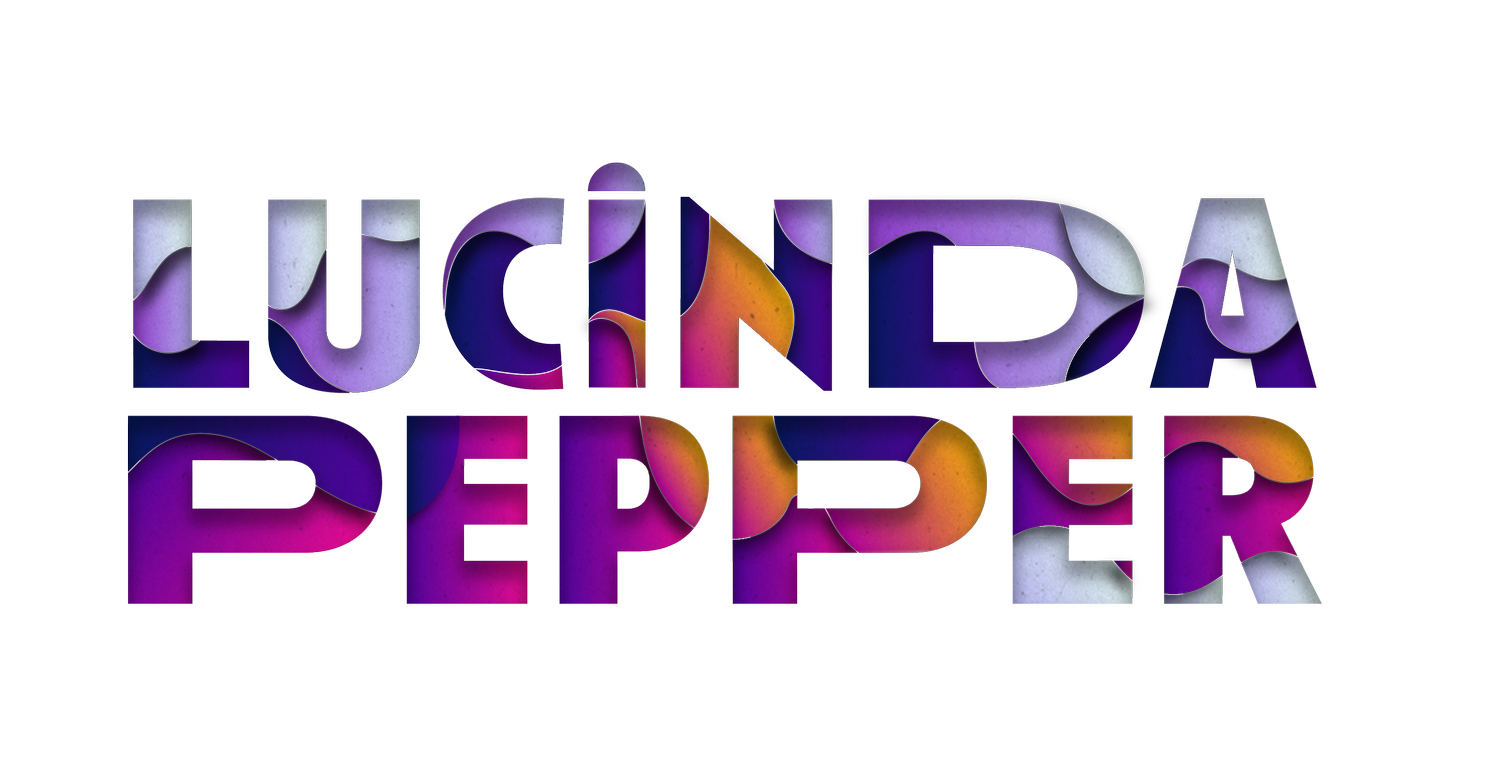Playing to Interrupt Violence & Burnout
The little one in a pink snowsuit threw snow in the face of the little one in the blue hat. It was an accident- they’re just tiny humans lacking good motor control. Preschoolers shoveling snow on the playground with little green plastic shovels, not knowing how they might dread this task in a couple decades’ time. They fight over the shovel, tugging at each end until it slips out of their puffy mittened grasps. Laughter. Ease.
Having two schools nearby has given me an opportunity to be in contact with play consistently. Childrens’ joyful shrieks fill the air five days out of nearly every week. Occasionally there are tussles over equipment or chases when designated territories are breached. Of course wailing and tears happen - grief and joy, after all, are deeply interconnected, even in childhood. Sometimes the small humans organize; one day I heard them chanting for the bubble machine to be turned on, every bit as convincing as protesters demanding human rights.
I’ve been exploring intentional ways to play. Someone asked me what I do to play a couple of years ago, and my eyes stung when I realized I couldn’t answer the question. I’ve had a very serious adulthood. That moment birthed an intervention: just because I’ve reached middle age doesn’t mean I should not be playing or playful.
Late last month I learned about a collage challenge happening in February called Februllage, and I decided one of the ways I would increase my levels of play was by challenging myself to create collages in response to the daily themes. (You can see the collages I’ve posted on my Instagram feed.) Each collage is a surprise in form and content, not planned in advance. I’ve found so much play in the making and satisfaction in completion.
I didn’t know how much I would need to play this February. Woo-howdy have I needed it!
We never know what’s coming our way- a depression, a death, a grief, or conversely- good news, a joy, a birth, a longed-for dream coming true. If we get too intent on adulting through our ups and downs, we forget how to play. Play can end up feeling like a burden, a have-to, like it’s too much work. Like it interrupts our serious life.
As a writer, sometimes my writing work gets into that edgy territory where my sense of play is threatened. In a world that hyper-focuses on production, it can be easy to fall into the trap of thinking I have to write this… and forget that I GET to write this. I have been working on retraining my brain to remember: I want to be doing this writing thing.
Writing is one of my strongest passions, a deep and abiding interest of mine, a craft I am forever learning. The business of writing and publishing are democratizing now, with lots of new open access now for folks from all walks of life, but they’re also highly competitive fields. Some writers would say these worlds are disheartening, unforgiving, that they can take the fun out of writing.
Writing is a great opportunity for practicing skills that can interrupt and prevent burnout. Writing is a creative outlet, and as long as we can remember what’s joyful about it, we can tap into our childlike excitement about building with words. As writers, we get to play with the style and form of written works. We get to create worlds, characters, and possibilities that make space for us and others to exist.
In preschool, we learn that sometimes, our play hurts other people. Hopefully, we learn how to play in ways that center creative problem-solving, cooperation, resource-sharing, equity of access, and mutual care. What we learned about play in school follows us into our adult lives, but the trick in adulthood is we have to REMEMBER to play. We have to consciously cultivate play. And when our play hurts other people, we need to practice remembering how to care, how to respect others and ourselves, how to navigate sticky situations with grace, and how to be resilient enough that we continue playing, even after we have played unskillfully.
Sometimes, people fling words around without care. Sometimes, our words hurt others. We do what the four-year olds at the preschool were doing. Not everything we write is going to work. Sometimes, inadvertently, we fling words in the face of our fellow humans and the impact of those words doesn’t feel good. That can teach us how awesomely powerful our words are. And hopefully, we can express our concerns and awareness of that impact, and see if our help is wanted in addressing those hurts.
The kiddo in the pink snowsuit stopped moving the shovel right away when the snow hit the face of the kid in the blue hat. All at once, a look of concern and consternation crossed the snow-flinger’s brow. As blue hat kid stood there bewildered, wondering what they had done to deserve this, uncomfortable with the snow trickling down their collar, pink snowsuit reached out a mittened hand in a universally understood gesture of apology and peace. They approached with care and gently helped blue hat to wipe the snow off of their face and clothes, and made sure that blue-hat looked like they’d be okay.
Then, pink snowsuit picked up their green shovel, turned in a different direction, and started shoveling a new pathway through the snow.
P.S.: Do you sometimes worry that your words will have a hurtful impact? There are many great resources to help you better understand conscious and inclusive communication. Here are two I love:
The Conscious Language Newsletter by Karen Yin
The Radical Copyeditor’s Blog by Alex Kapitan

